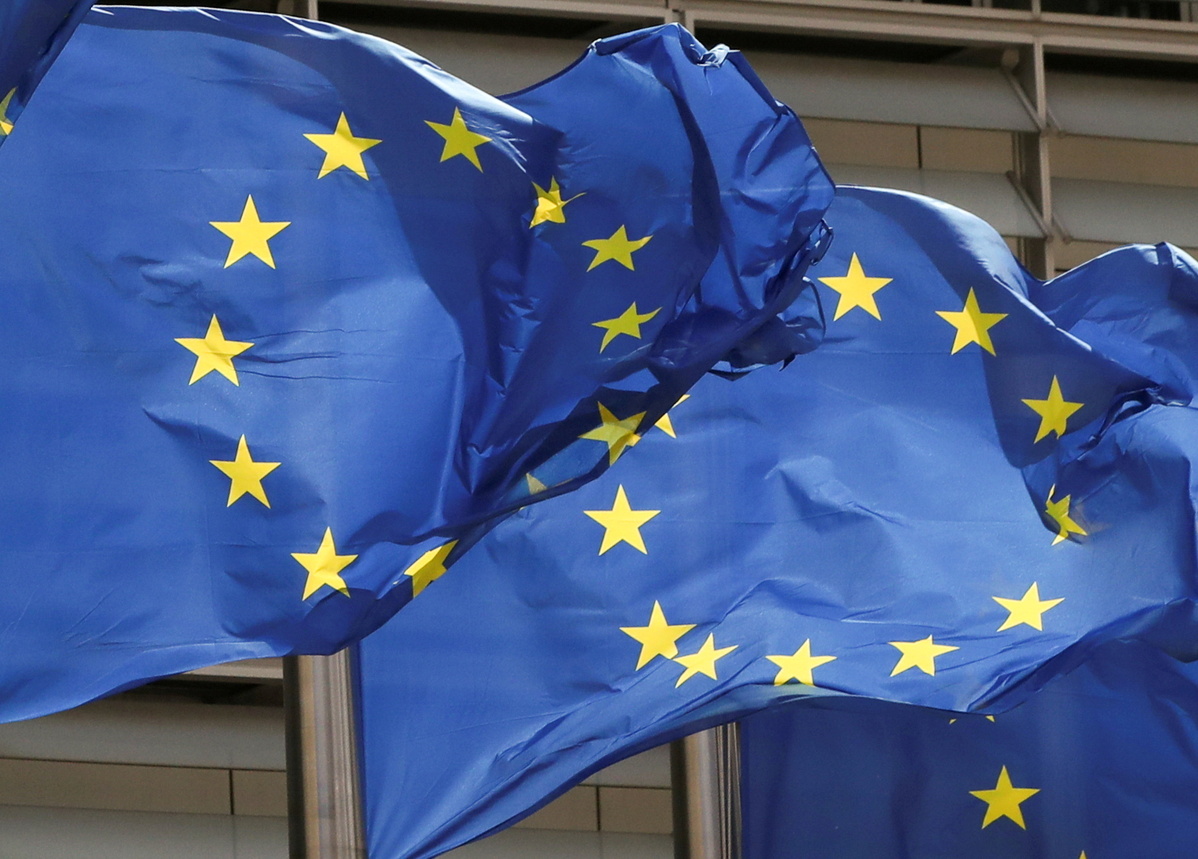
[Photo/Agencies]
In the past three years, I have written at least 10 columns arguing that a ceasefire and dialogue is the only way to end the Russia-Ukraine conflict, and that the conflict cannot be resolved on the battlefield.
I have asked European Commission officials probably a dozen times why they don't use diplomacy to help end the conflict instead of supplying arms to Ukraine. I even asked Josep Borrell when he was the EU high representative for foreign affairs and security policy why he was only exercising his duty on security policy but not diplomacy. The answers I got were almost identical: Russia is not ready or sincere about dialogue, and if Russian troops withdraw from Ukraine today, the conflict will end by itself.
European Union officials have also dismissed the argument that NATO's eastward expansion was at least partly responsible for triggering the conflict.
Surprisingly, I got exactly the same answers on Tuesday from EU spokespersons even though senior Russian and US officials were holding a meeting in Riyadh, Saudi Arabia, to discuss how to end the three-year-long Russia-Ukraine conflict. The EU officials pretended to be oblivious of the fact that US President Donald Trump has said NATO's expansion was a key trigger to the conflict.
This happened a day after some EU leaders hastily gathered in Paris for an emergency meeting following US special envoy Keith Kellogg's announcement that European leaders won't have a seat at the negotiation table and US Secretary of Defense Pete Hegseth saying that US troops won't be deployed in Ukraine for peacekeeping while troops from NATO's European member states there won't be covered by Article 5 of NATO, meaning an attack on any NATO member's troops won't be considered an attack on the transatlantic military alliance.
Given the new reality, EU leaders are no longer talking about fighting to the last Ukrainian citizen.
For the past three years, China, Brazil, India, Indonesia, South Africa and many other countries have been calling for an immediate ceasefire and dialogue to end the conflict, a conflict which has not only claimed tens of thousands of lives and caused damage to Ukraine and Russia, but also affected many other economies.
Looking back, China's position document on a political settlement issued on the first anniversary of the conflict, on Feb 24, 2023, was well balanced and called for, among other things, respecting the sovereignty of all countries, abandoning the Cold War mentality, ceasing hostilities, resuming peace talks and stopping unilateral sanctions.
Despite China's special envoy for Eurasia affairs Li Hui conducting shuttle diplomacy in a bid to help resolve the Ukraine crisis, US and EU leaders poured cold water on the painstaking efforts of China and several other countries by equating such efforts to appeasement.
History will prove that if they had heeded the advice of China and several other countries to persuade Russia and Ukraine to declare a ceasefire earlier, many lives would have been saved. An early ceasefire would have allowed the EU and its members to focus more on increasing their economic competitiveness, technology prowess and landmark European Green Deal instead of boosting their defense industry and embracing the war economy.
European Commission President Ursula von der Leyen will lead her full college of commissioners on a visit to Ukraine next week to mark the third anniversary of the conflict. It is still uncertain if she will talk of supplying weapons and military equipment to Ukraine or helping maintain post-conflict peace and expedite reconstruction.
EU Commissioner for Economy and Productivity Valdis Dombrovskis' words on Tuesday that the EU has no intention of lifting sanctions against Russia, and the approval by EU ambassadors of the 16th series of sanctions against Russia on Wednesday, banning Russian aluminum imports and imposing new export bans on Moscow, suggest the EU is still struggling to adapt to the new reality.
It is abundantly clear that all the attention now must be on a ceasefire and dialogue, instead of prolonging and escalating the conflict. Even a Chinese journalist knows that.

The author is chief of China Daily EU Bureau based in Brussels.
chenweihua@chinadaily.com.cn